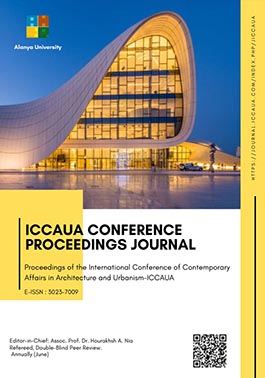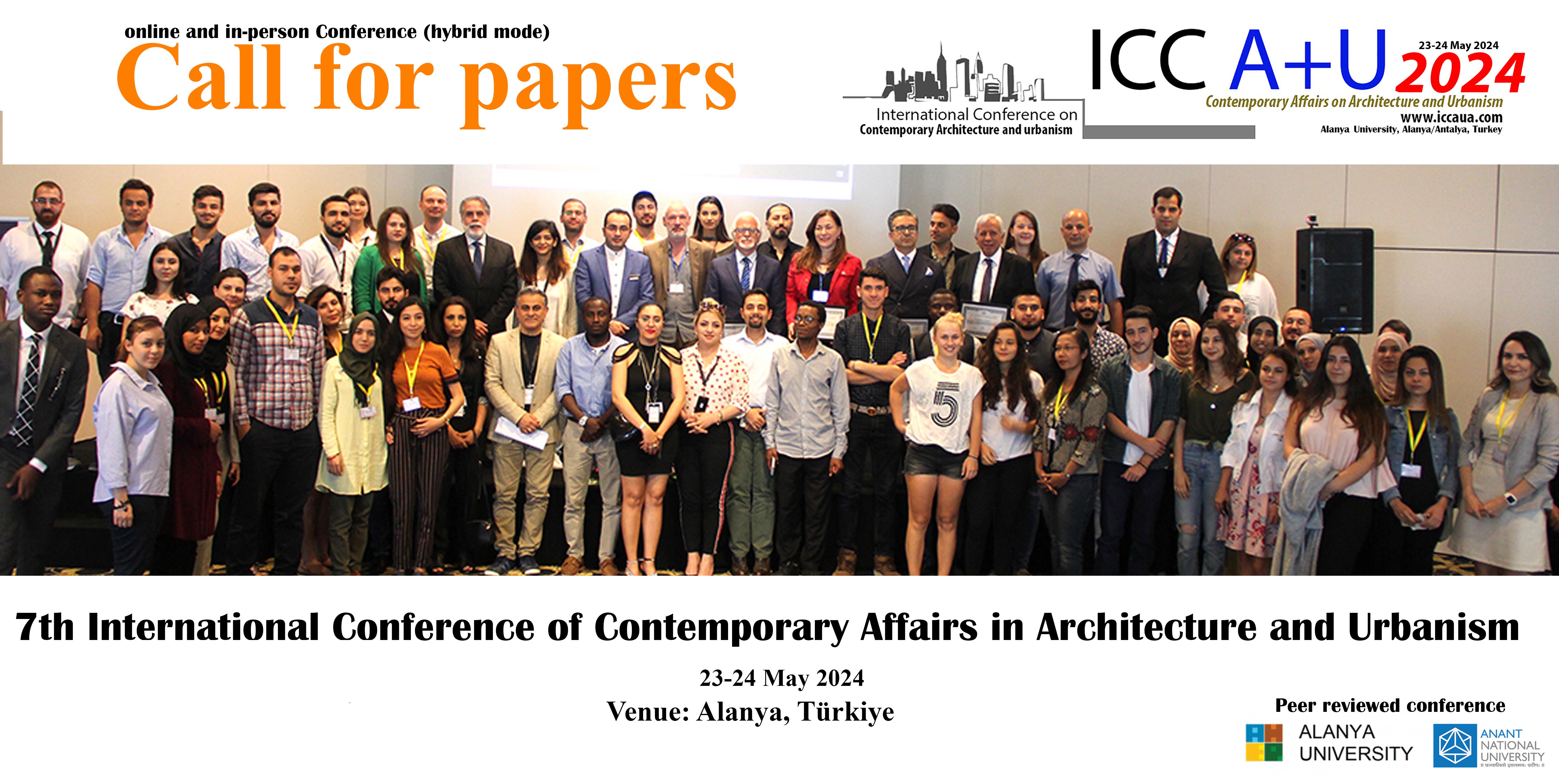Toward 2030. The Role of Resilient and Sustainable Urban Planning to Foster a Greener Decade in Coastal Areas
DOI:
https://doi.org/10.38027/ICCAUA2022EN0224Keywords:
Sustainable Urban Planning, Resilient Urban Planning, Integrated Coastal Zones Management, Waterfronts Regeneration Projects, SDGsAbstract
Nowadays, more than 600 million people lived in coastal areas, outlooks forecast that they will be more than one billion by 2030. Cities occupy less than 2% of the world lands but are responsible for 70% of CO2 emissions. Coastal areas constitute the most exposed regions facing climate change impacts. This contribution aims at stimulating a reflection over the role that sustainable and resilient urban planning can have in fostering SDGs in coastal regions. Sustainable urban planning can constitute the trigger to reduce global impacts that cities generate on the environment as well as resilient urban planning can contribute to make cities more safe, efficient and equitable to cope with threats deriving from global scale. This contribution argues that the practice of urban planning should definitively embrace a holistic and multi-scale approach, moving from geography to design, from the integrated coastal zone management to the urban design.
Downloads
Downloads
Published
How to Cite
Issue
Section
License
Copyright (c) 2022 Carlo Alberini

This work is licensed under a Creative Commons Attribution 4.0 International License.









